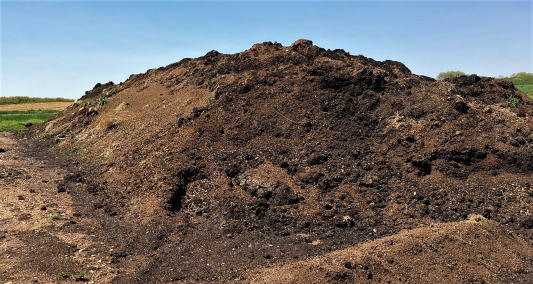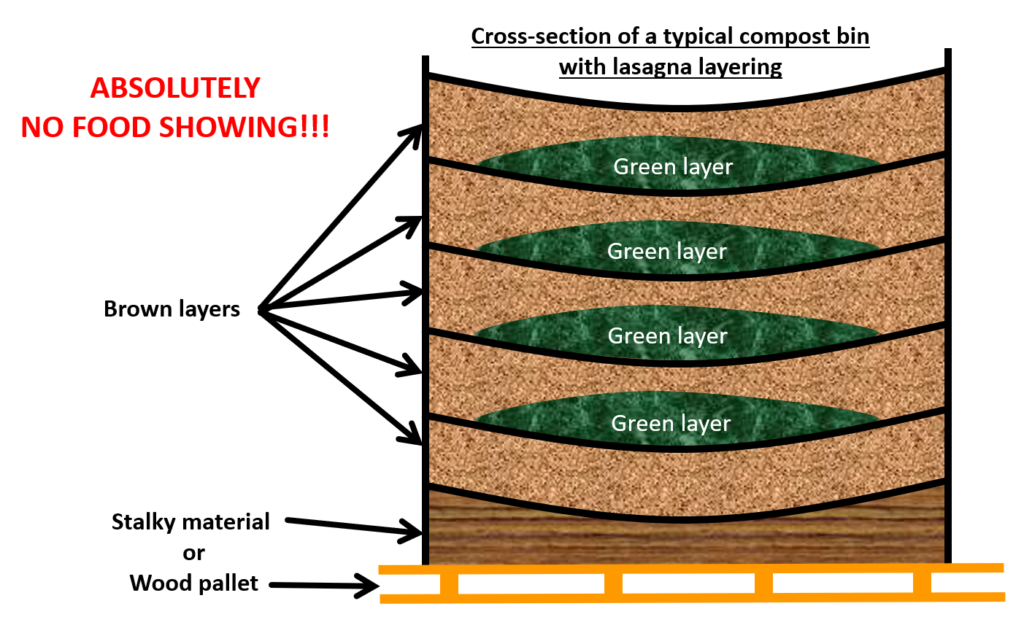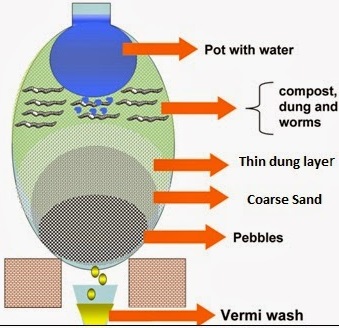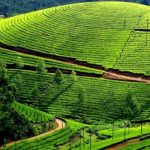
Organic manures are the natural materials that decay into the soil and enrich the soil by providing micro organisms. The objective of micro-organisms is to convert the nutrients present in the soil and the manure into a form which can easily be absorbed by the plant roots. It is nothing but providing nutrients in a natural way.
Soil is the base of our conventional way of farming and if the soil is weak, plants cannot use the inputs effectively. In order to enrich the soil, supplementing the soil with organic manure is an ideal option for a green and clean environment.
Everybody is very conscious about health and the food they are consuming. Due to the fact that most of the farming business became commercial, agricultural products are produced in a short period of time by injecting lots of chemicals and fertilizers into the soil. This may give a high yield in a short period, but has a tremendous impact on the health of the consumer. This process also makes the soil weak and down the line, the soil becomes without any fertility. So it is time to think to enrich the soil with organic manures. Nowadays, people are already into producing organic manures and making as a side business. In this article let us talk about producing organic manures like Panchagavya, Vermicompost and Vermiwash.
Primary functions of organic manure:
- Organic manure provides a natural way of nutrients in the soil.
- Organic manure provides to retain the soil’s ability to store water.
- Organic manure balances soil Ph value.
- Organic manure provides organic acids to dissolve soil nutrients.
- Organic manure enhances the growth of essential micro-organisms.
Types of Organic Manure:
These are different methods to achieve a common result based on different types of plants.
- Green manuring.
- Composting.
- Green leaf manuring.
- Organic waste manuring.
Preparation of organic manures:

- Preparation of Panchagavya: Panchagavya is organic manure that has the potential to play the role of promoting growth and providing immunity in the plant system. Panchagavya consists of 9 products which are; cow dung, cow urine, milk, curd, jaggery, ghee, banana, Tender coconut and water. When suitably mixed and used, these have excellent effects.
- Cow dung: 7 kg.
- Cow ghee: 1 kg.
Mix the above two ingredients thoroughly both in the morning and evening hours and keep it for 3 to 4 days.
- Cow Urine: 10 litres.
- Water: 10 litres.
After 3 days, mix cow urine and water and keep it for 2 weeks with regular mixing both in the morning and evening hours. After 2 weeks mix, the following panchagavya will be ready after one month.
- Cow milk: 3 litres.
- Cow curd: 2 litres.
- Tender coconut water: 3 litres.
- Jaggery: 3 kg.
- Well ripened poovan banana: 12 numbers.
All the above items can be added to a wide-mouthed mud pot, concrete tank or plastic can as per the above order. The container should be kept open under shade. The content is to be stirred twice a day both in the morning and evening. The Panchagavya stock solution will be ready after 1 month. It should be kept in the shade and covered with a wire mesh or plastic mosquito net to prevent houseflies from laying eggs and the formation of maggots in the solution. If sugarcane juice is not available add 500 grams of Jaggery dissolved in three-litre of water.
Beneficial Effects of Panchagavya on Commercial Crops: Panchagavya is very beneficial for Mango, Guava, Turmeric, Vegetables, Acid lime, Banana and Jasmine crops.
Usage of Panchagavya:-
- Add 250 ml of panchagavya in 10 lit of water and try to spray on plant leaves.
- Add 1 litre of panchagavya to 10 lit of water and apply in the soil.
- Usage should be limited to once a week for proper benefit.
2, Preparation of Vermicompost and Vermiwash: Vermicompost is another organic manure other than panchagavya. Basically, this is developed from cow dung and Vermicompost is prepared by earthworms. Breakdown of organic material happens due to the actions of earthworms & micro-organisms. This leads to a highly fertile soil. To prepare the vermicomposting, select a container or basket of a suitable size as per the requirements. Primarily, earthworm bed preparation is an important factor. For better air circulation, make small holes at the bottom of the basket and fill with a mixture of coconut fibre and newspaper stripes up to some height. Provide enough moisture to make the earthworm bed. Earthworms should be placed. Add a layer of food waste and cover it with shredded newspaper. Make sure to spray water on it and now the process of Vermi-composting is successfully completed. Hereafter, earthworms eat the wastage and leave composted soil. Start adding the new layers of organic waste above the bed prepared and adding coconut fibres in between layers is recommended. Cow dung or leaves also can be added to the Vermicompost container. It is advised to place the container in a well-protected area and avoid any non-veg items.

How to take Vermicompost:- Be careful while taking the compost from the container. Make sure to take the compost out from the top slowly so that earthworms will go under the bed and remain safe there.
How To Apply Vermicompost To the Soil:- After preparing the compost, it can be applied directly and added with water and applied. Vermicompost works very well in moist conditions. It is advised NOT to apply any chemicals at this point in time which will kill the micro-organisms. In case of using Vermicompost with water, prepare Vermiwash or Vermicompost tea. Basically, Vermiwash is prepared by allowing water to pass through the container and collecting it. This must be diluted by adding 10 times water in it. This Vermiwash is a very good foliar spray. When it comes to Vermicompost tea, this is being prepared from high-quality worm casts. Try to cover some worm casts with a piece of cloth and put it in a bucket containing pure water. For enhancing the growth of micro-organisms, add some yeast to the water. Put the bucket in a shaded area for 2 to 3 days and squeeze the worm cast after 2 days. The resulting Vermicompost tea contains lots of micro-organisms & nutrients which are excellent for plant growth. This can be either sprayed on growing plants as foliar spray or directly applied to the soil.
This can be done even from small spaces like apartments and get this to the farming business in India. Making organic manure will be a side income-generating business and does not require much start-up investment. As the government is encouraging farmers to go for organic manure production and giving subsidies for building Vermicompost pits and structures, This would be the best opportunity to use this and help the country. Go Green with organic manures and no chemicals, please.
Financial and Business expert having 30+ Years of vast experience in running successful businesses and managing finance.





